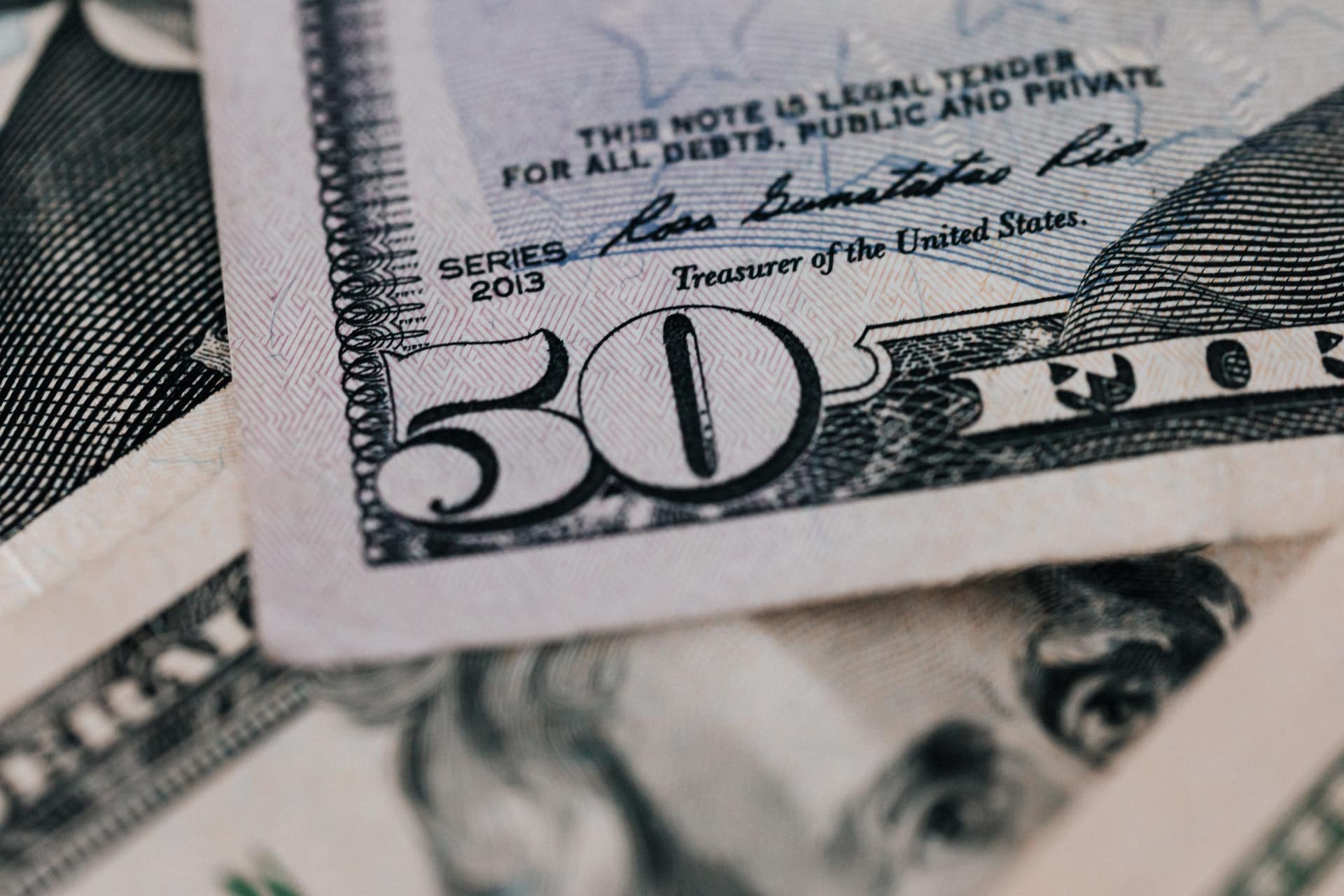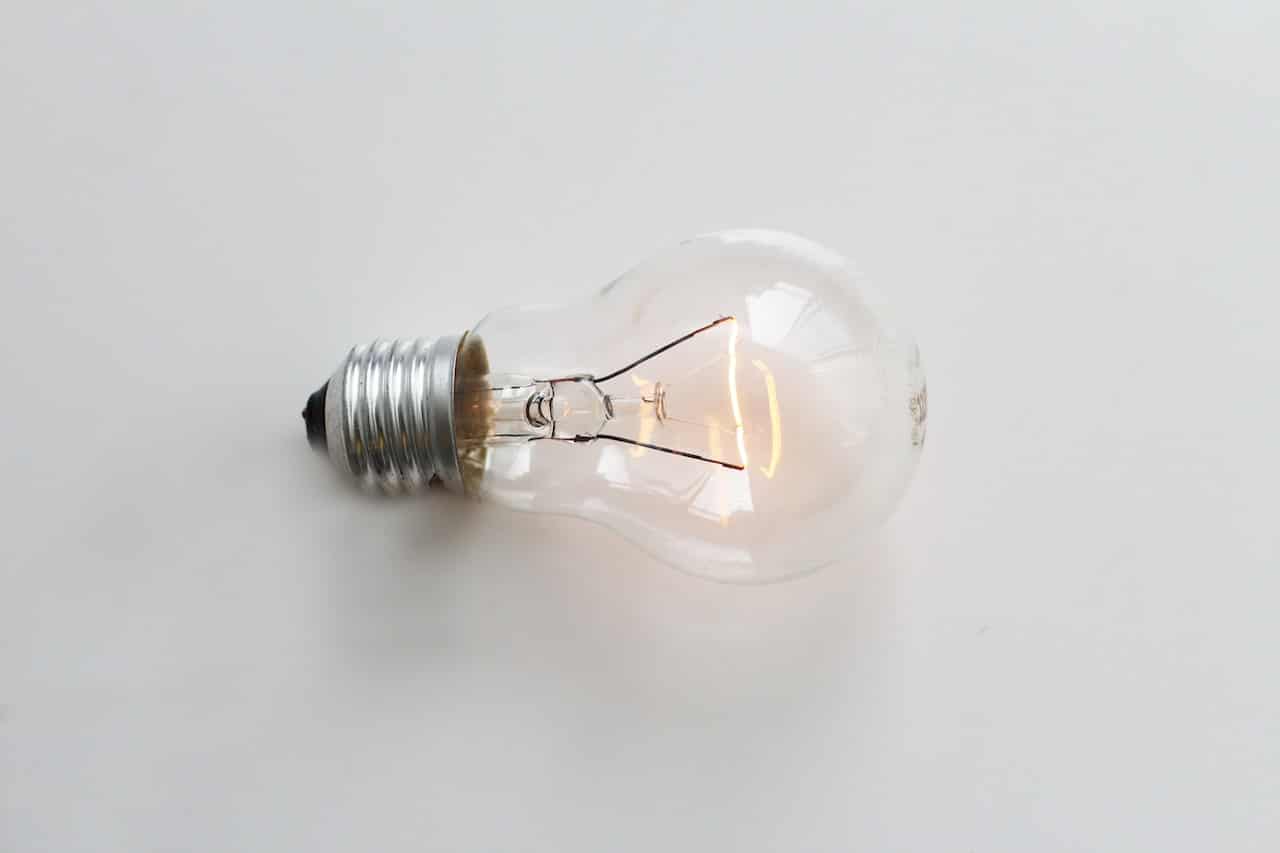Personal loans are one of the most commonly used quick cash loans. In fact, there are 21.1 million outstanding personal loans in the U.S.1 If you are thinking of getting a personal loan, you may be asking yourself, “Are personal loans bad?”
Personal loans have their uses and can be helpful for a variety of emergencies. At the same time, any kind of debt can become harmful if handled irresponsibly.
Types of Personal Loans
There are various personal loans to choose from when you need fast emergency cash. But which personal loan is best for you? Read about the different types of personal loans below.
| Type of Personal Loan | Characteristics | Advantages | Disadvantages |
| Unsecured Personal Loan | – No collateral required – Approval based on creditworthiness | – Easy application process – No risk to personal assets | – Higher interest rates – Stricter credit requirements |
| Secured Personal Loan | – Requires collateral (e.g., car, home) | – Lower interest rates – Easier to qualify | – Risk of losing asset – May have fees |
| Fixed-Rate Loan | – Interest rate remains constant over the loan term | – Predictable monthly payments – Easier budgeting | – Usually starts with higher interest rates |
| Variable-Rate Loan | – Interest rate can change based on market conditions | – Lower initial rates – Potential for rates to drop | – Unpredictable payments – Risk of rates increasing |
| Debt Consolidation Loan | – Used to pay off multiple debts – One monthly payment | – Simplifies finances – May lower interest rate | – May extend repayment period – Could cost more long-term |
| Co-Signed Loan | – Requires a co-signer with good credit | – Easier approval – Potentially lower rates | – Risk to co-signer – Missed payments affect both parties |
| Installment Loan | – Fixed number of equal payments over time | – Easy to budget – Clear repayment timeline | – Inflexible – Penalties for early repayment |
| Line of Credit | – Borrow up to a certain limit – Similar to a credit card | – Flexibility in borrowing – Only pay interest on amount borrowed | – Temptation to overspend – Variable interest rates |
| Payday Loan | – Short-term loan – Usually repaid by next payday | – Quick access to cash – Easy approval | – Extremely high interest rates – Risk of debt cycle |
| Home Equity Loan | – Uses home as collateral – A type of secured loan | – Lower interest rates – Potential tax benefits | – Risk of losing home – Closing costs |
A Few Advantages of Personal Loans
Here are some general advantages that come with taking out a personal loan:
- Use Them for a Variety of Expenses — Most personal loans are available for a few hundred dollars up to a few thousand dollars. Therefore, you can use personal loan funds for all kinds of expenses or emergencies, making them a versatile loan option.
- Reasonable Rates — With a good credit score and positive credit history, lenders could offer you great interest rates with a personal loan. Average personal loan interest rates are around 11.5%.2 Compared to other commonly used financial products—payday loans and cash advance loans—personal loans can have lower interest rates for fair and prime borrowers.
- Ease of Access — Get a personal loan at a bank, credit union, through a financial institution, or online lenders. In most instances, applying for a personal loan only takes a few minutes, and once approved, the funds are sent straight to a bank account.
- Can Help Consolidate Debt — You can consolidate debt to save money with a good interest rate on a personal loan. This process could be the perfect cost-effective solution to pay off debt faster.
Cons of Personal Loans
A personal loan can have some disadvantages. Before you decide to get a personal loan, you should pay attention to potential negatives in some loan terms. Also, think about the impact on your FICO score and choose the right loan lender to get the most from a loan.
Here are some potential disadvantages to look out for:
Personal Loan Interest Rates Can Be High for Bad Credit
If you qualify for a personal loan with bad credit, the chances are that the interest rates will be high. Although some lenders state they are willing to work with bad credit loans, they may charge sky-high interest rates. High interest is costly and can lead to a cycle of debt if you cannot repay the loan on time.
When looking for personal loan lenders with bad credit, ask about the interest rate and annual percentage rate. And don’t be afraid to inquire with multiple lenders!
Secured Loans Put an Asset at Risk
Some lenders will require collateral if you cannot qualify for a personal loan with your credit score. Using collateral lowers the lending risk and offers financial protection for the lender. For secured personal loans, such as home equity loans or auto loans, the lender will have the right to repossess the collateral if you cannot repay the entire loan balance.
Maintaining Good Credit With a Personal Loan
Personal loans are not inherently bad, and whether they hurt your finances depends on how you handle the funds and how you repay them after taking out a loan.
Only Borrow What You Need
You don’t have to borrow more than you need when taking out a loan. Only borrowing what you need will ensure that you aren’t adding more debt than necessary to your plate. Adding another loan can impact your debt-to-income ratio. If your outstanding debt exceeds a certain percentage, it can hurt your credit score with all three major credit bureaus. And so, keeping track of your credit usage after getting a personal loan is another positive step.
Avoid Late Monthly Payments and Default
Late payments can hurt a credit score. And so make sure you can make timely payments. For many people, having a direct payment from a bank account to a loan is an easy way to ensure their loan is paid back on time each month. Paying off your loan early (if you can do so without fees or penalties) can be a great way to stay on top of debt.
But even if you miss a payment, it’s critical to avoid default. Loan default happens when you continue without repaying the loan. When a loan defaults, it will show up on your credit history for many years. There is also the potential of falling into debt with a personal loan. Especially if you have had trouble managing debt in the past, you may want to consider learning better money habits before taking out a personal loan.
Finding the Best Personal Loans
Before choosing a personal loan, there are a few things to look into about the loan:
The Interest Rate
Interest rates can be the most expensive cost of borrowing money. And so, it is essential to compare personal loan rates to find the best rate or look at other loan options before choosing.
The Repayment Period and Loan Terms
Having more time to repay a loan can seem like a good thing. However, it will also mean paying more interest over time. Finding the sweet spot between having a comfortable repayment plan and not extending repayment to cost more will be helpful.
The Loan Amount
The loan amount is also an essential part of considering what loan is best for you. You should find a loan that covers the expenses without costing a ton to borrow.
Lender Benefits
Some lenders will offer things like perks for repeat borrowers, like better interest rates for those who make on-time payments, credit counseling, and more. It is always a good idea to research a lender before you borrow money from them.
The Monthly Payment and General Affordability
Before choosing one loan over another, make sure you factor in any origination fees, balloon payments, and interest rates. Once you factor in all that, you can calculate your payments and the total amount of debt you are truly taking on.
How to Apply for Personal Loans: A Step-by-Step Guide
If you’re considering taking out a personal loan, you’re in the right place. Whether you’re looking to consolidate credit card debt, tackle an emergency expense, or just need some extra cash, a personal loan can be a great solution. Here’s a straightforward guide on how to go about it.
Step 1: Research Lenders
Not all personal loans are created equal, so it’s crucial to do your homework. Look for lenders that offer the type of loan you need, whether it’s for debt consolidation or other purposes. Compare interest rates, terms, and any additional fees.
Step 2: Gather Required Documents
Most lenders will ask for proof of income, employment status, and other financial documents. Have these ready to speed up the application process. But keep in mind that many online loans do not require paperwork. Instead, you may only have to go through a bank verification process.
Step 3: Apply
Once you’ve chosen a lender, the next step is to fill out the application form. This can usually be done online, and it’s a straightforward process. Just make sure to read all the terms and conditions before hitting that ‘Submit’ button.
Step 4: Wait for Approval
After submitting your application, there’s usually a waiting period. This is when the lender reviews your application and checks your credit score. You may also be asked for additional documentation.
Step 5: Review the Loan Offer
If you’re approved, the lender will send you a loan offer. This will include the loan amount, interest rate, and repayment terms. Make sure to read this carefully. If everything looks good, you can accept the offer.
Step 6: Receive Funds
Once you accept the loan offer, the funds will typically be deposited into your bank account within a few business days. Now, you can use the loan to pay off those credit card balances or whatever else you have in mind!
Remember that it’s critical to make your payments on time. A history of timely payments can help you maintain a good credit score.
Frequently Asked Questions About Personal Loans
No, personal loans aren’t inherently bad. They can be useful for consolidating debt or covering significant expenses. However, it’s essential to understand the terms, ensure you get a competitive interest rate, and borrow within your means to repay timely.
Personal loan lenders typically evaluate a variety of factors when considering your loan application. These often include your credit score, employment history, and debt-to-income ratio. A higher credit score and a reliable source of income can make you more attractive to lenders, potentially securing you a loan with better terms and lower rates.
Origination fees are upfront charges that some lenders impose to cover the cost of processing your loan. These fees are usually a percentage of the loan amount and are either deducted from the loan proceeds or added to the total balance. This means that origination fees can affect both the amount you receive and your monthly payments. Always factor in these fees when calculating the total cost of your loan.
Absolutely. Taking out a personal loan to pay off high-interest credit card debt can be a strategic financial move. This is often referred to as a debt consolidation loan. By consolidating your credit card debt into a single loan with a lower interest rate, you can save money in the long run and simplify your monthly payments.
Secured personal loans require you to put up an asset, like home equity, as collateral. Because the lender has a form of security, these loans often come with lower rates. However, the downside is that your asset is at risk if you default on the loan. Weigh the pros and cons carefully before opting for a secured loan.
Home equity loans are a specific type of secured loan where your home serves as collateral. These loans generally offer lower rates compared to unsecured personal loans. However, you risk losing your home if you can’t keep up with the monthly payments. Make sure to consider this risk and your ability to repay before taking out a home equity loan.
Yes, it’s possible to get a personal loan with poor credit, but it comes with challenges. Lenders may offer you loans with higher rates and less favorable terms. Some lenders specialize in loans for people with bad credit but be cautious of potentially high fees and rates.
Your DTI ratio is a measure of your monthly debt payments relative to your monthly income. A high ratio may signal to lenders that you’re a risky borrower, which could result in a higher interest rate or even loan denial. Keeping a low DTI ratio can improve your chances of getting a better loan.
Missing a monthly payment is something you should strive to avoid. Late payments can result in additional fees, higher interest rates, and a negative impact on your credit score. If you find yourself unable to make a monthly payment, it’s essential to contact your lender immediately to discuss your options and potentially avoid these consequences.
Generally, you can use a personal loan for a wide range of purposes, from emergency expenses to home renovations. However, it’s crucial to use a personal loan responsibly. Taking out a loan for non-essential expenses can lead to unnecessary high-interest debt, so always consider the long-term implications.
A Note From CreditNinja on Personal Loans
Before choosing a personal loan option, be sure to get a thorough look at the repayment terms. Look at the interest rate, payment schedule, fees, and penalties. Personal loans are a great financing option for many people, but it’s important to find a good loan offer.
If you’re considering taking out a personal loan, consider working with CreditNinja! Our personal loans have flexible repayment schedules and competitive rates! Fill out our online form and see just how fast you can get an approval decision.
And check out our online blog to learn more about alternative financing options! Read the pros and cons of a cosigner loan and how to ask to borrow money from friends and family.
References:







